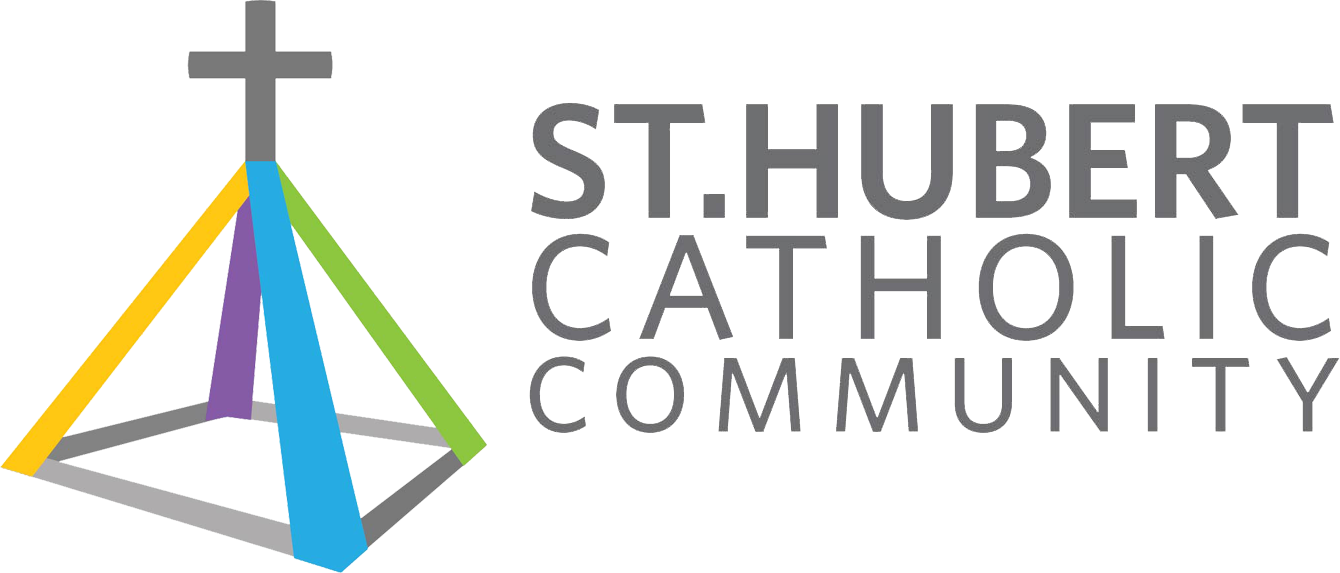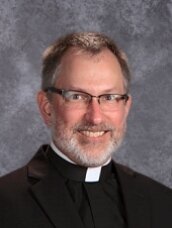By Fr. Rolf Tollefson
A few years ago I had the privilege of studying with some religious brothers and sisters for a few weeks one summer at an institute for religious called Vita Consecrata. The only reason I was there was because I was an acquaintance of Father Tom Dubay, SM, of happy memory, who wrote a number of books on the spiritual life. He was teaching a class in Liberty, Missouri, just outside of Kansas City, and invited me to participate. As I wore my clerical garb to the classes, sisters kept asking me, thinking I was a religious priest, “What order are you a part of?” With a bit of prideful swagger in my voice, I answered, “The original religious order: founded by Jesus Christ in A.D. 33, The Diocesan Priesthood.” Their question was a good one. It got me thinking about what our specific mission and specific charism is that is given to us to accomplish our mission. After all, Carmelites and Benedictines pray, Dominicans teach, Franciscans serve the poor, but what do parish priests do?
Diocesan priests serve the laity; we are relationally bound to the laity. I would venture to say that the charism of diocesan priests is to help lay people get to heaven. We are trained in helping laity find God at work in ordinary life, to encourage them to receive those graces, and then to encourage them to choose to change how they live their lives accordingly.
There are quite a few “new movements” that have arisen in the last fifty years or so. One of them that intrigues me is a lay movement called “communion and liberation.” It was founded in 1954 with a charism of finding God in ordinary life. Its current leader, Fr. Julian Carron, has written extensively in the past few months about how to find God at work in the midst of the ordinary life, post March 2020, culminating in the publication of a new e-book called Reawakening our Humanity. During the past few months as we’ve adapted to life with COVID-19, we have had many opportunities to invite God in, to find Him in our daily lives.
Here are some of the lessons learned from enduring this time of COVID so far:
Silence, which can be seen as time paying attention to and not distracting ourselves from reality, helps us to grow in authentic self-knowledge. Fr. Carron points out that “for a long time, we were perhaps able to avoid the impact of reality, but reality never stopped calling out to us. We did not let reality challenge us, believing we had tamed it, protected on the privileged perch from which we view things….we have lived in some sense, as if we were in a bubble that protected us from the blows of life. And so, we went about our lives distracted, pretending we could control everything. The [virus] spoiled our plans and gave us a rude awakening, telling us to take ourselves seriously and rethink our situation in life….[for] reality has torn apart…our routine. Reality, which we often try to escape, has this time been unrelenting [forcing us] to stop running away from ourselves.” Though home may have felt like a prison, it can also teach us more about who we are. Father Timothy Radcliffe, OP, wrote that “Saint Catherine of Siena experienced three years of self-isolation before the Lord propelled her out on mission. She described her experience as entering into the ‘cell of self-knowledge.’ She also discovered herself as being loved into being by God at every moment.” Silence makes us face who we really are. If you are locked down with someone else, you may discover who they are too. Superficial identities cannot be sustained; the masks we wear start to tear.
Suffering forces us to grow. Fr. Luigi Guissani, founder of Communion and Liberation, once wrote that “the truth of the faith is demonstrated by one’s capacity to make what appears to be an obstacle, a persecution, or a difficulty, into an instrument and moment of maturation.” Fr. Radcliffe points out that while “the Holy Spirit was poured out on the apostles at Pentecost and they were sent to the ends of the world, they actually wanted to settle down in Jerusalem and avoid the adventure. It was the persecution of Christians that finally dispatched them from their comfort zone and sent them even to Rome.” What was true for the apostles is true for us as well. How many times do we look back at an awful thing that may have happened to us, and then see how it matured us and made possible a good that was impossible to see at the time, but was made apparent only years later? As Father Caron continues, “we have been ripped out of the comfort zones in which we were comfortably planted and seized by questions that we usually, in a more or less intentional way, avoid or drown out with our daily routines.”
We are not invulnerable; we are fragile. Before the virus, we were tempted to believe that we were invulnerable because of our technology. As Pope Francis spoke to an empty Saint Peter’s square on March 27, 2020, “we have realized that we are all on the same boat, all of us fragile and disoriented. The storm exposes our vulnerability and uncovers those false and superfluous certainties around which we have constructed our daily schedules, our projects, our habits and priorities.” We do not make ourselves; we do not give ourselves being. In the end what dominates us is dependence.
As we all experience and adapt to the COVID-19 pandemic in our own ways, I invite you to take this time to be silent, to grow, and to accept your fragility and learn from it.

